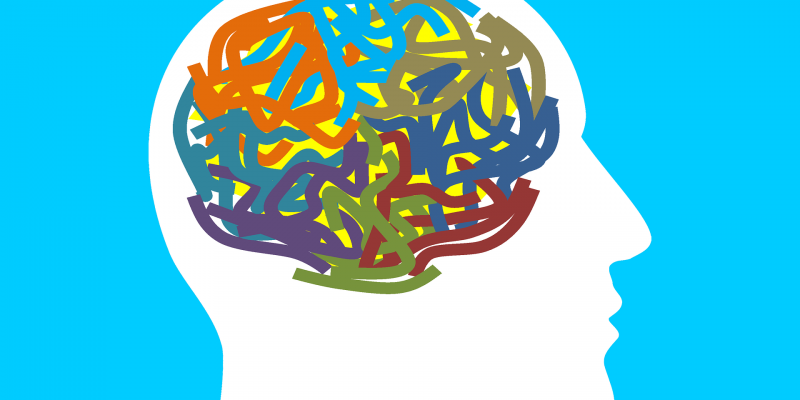Today is supposedly the most miserable day of the year.
The concept was coined in 2004 by psychologist Cliff Arnall after he came up with a formula for calculating which day of the year we feel at our lowest.
It’s since been noted that Blue Monday isn’t scientifically sound, but this day has stuck in modern culture and is now used to increase awareness of mental health and support.
January can be a difficult month for many, but #BlueMonday isn’t supported by any real evidence.
Why not use today to reach out to a friend, colleague, family member or neighbour over a cup of tea? You could even try to have these catch ups on a regular basis.#BrewMonday pic.twitter.com/SO4CfprUXL
— NHS (@NHSuk) January 20, 2020
Regardless of whether or not Blue Monday is fact or pure superstition, if you’re getting the blues, here’s a few things that could brighten your day.
Feeling down on #BlueMonday? It’s also #MLKDay! Here are some of his most inspirational quotes to get you through the rest of the day ???? pic.twitter.com/IUbwwhllIY
— Buzz News (@buzz_bmth) January 20, 2020
Quidco handing out free money
Staff from the cashback site Quidco will be in Bournemouth town centre between 12pm and 1pm today handing out envelopes of money to passers-by to celebrate the site reaching 10 million members.
They are giving away £10,000 in total on 10 streets in the UK, each envelope will contain a mystery amount of cash varying from £5 to £50.
New Government report highlights the successes of loneliness strategy
The first Loneliness Annual Report was published today, highlighting the progress of a loneliness strategy published in 2018: ‘A connected society: a strategy for tackling loneliness.’
Since the strategy’s publication, the following has been done to combat loneliness:
- The world’s first minister to lead work on tackling loneliness has been appointed.
- A £11.5 million Building Connections fund has been launched in partnership with The National Lottery Community Fund and the Co-op Foundation.
- A recommended measurement package has been developed.
- An evidence base for loneliness is being improved on.
Going forward, the report highlights three areas of focus:
- The need for more information and communication about loneliness and the activities which are available to reduce it.
- The need for further policies targeted at tackling children and young people’s loneliness – young people report struggling with loneliness more than any other group, but targeted interventions and policies are currently relatively sparse.
- The need to tackle loneliness through the place – strengthening community infrastructure and assets, and growing people’s sense of belonging.
Feeling blue on #BlueMonday? @AndyGoldman10 has the lowdown on why today is supposed to be the most depressing day of the year, and he’s got some fun facts about blue, too! pic.twitter.com/VDbgL8cXfv
— Buzz News (@buzz_bmth) January 20, 2020
If you or someone you know is struggling with mental health, call Samaritans on 116 123.


 Emergency spaces opened up for rough sleepers in Bournemouth following cold snap
Emergency spaces opened up for rough sleepers in Bournemouth following cold snap